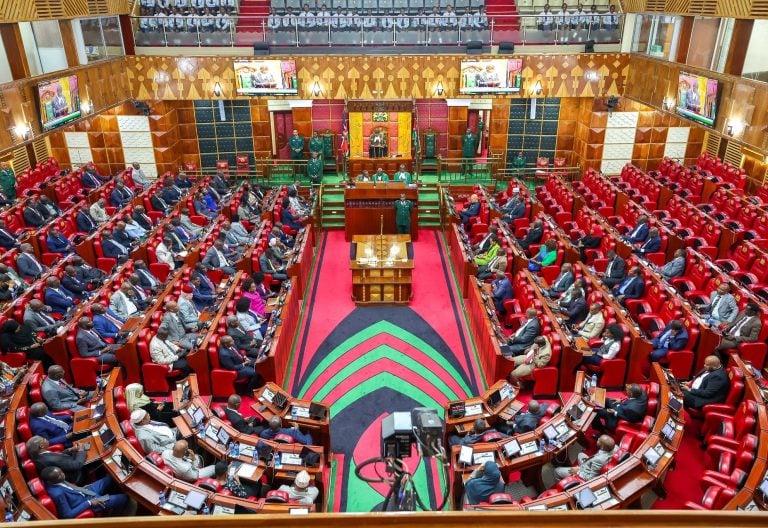Let’s invest in TVETs for climate change adaptation, water security

For three weeks, there has been no rain in some parts of western Kenya, and the negative effects are visible. Wells have dried up, and available tanks are empty. Community members remain hopeful that rain will come soon.
However, if this does not happen – given that climate change has altered rainfall patterns – the agony will only worsen. Productive time will be spent searching for water, disrupting what Stephen Covey calls the “production and production capability balance of important goods and services”. This balance is what makes community and economic progress possible.
While living in the city, access to water was the least of my worries. However, after relocating to a rural area to serve as a trainer in a technical institution, I am now concerned that I will have to contend with water shortages just like my host community.
This underscores the urgency of instituting effective climate change adaptation mechanisms. Without water, land productivity declines. Education is not spared either – schoolchildren will spend more time looking for water rather than concentrating on their studies. Women’s and girls’ responsibilities will double, cutting their productive hours and exacerbating inequality. Climate change is real, and it is making weather patterns increasingly unpredictable.
Speaking to my host community, I sense an ingrained culture of resignation – many believe they have no control over the situation. But, as I noted in this column last week, such a point of view needs resocialisation – a change in mindset. We must acknowledge that while the weather is changing, we are not helpless. A paradigm shift is urgently needed.
As a climate adaptation mechanism, there must be concerted efforts to conserve water during the rainy season. This requires high-level collaboration between different actors and sectors.
While engaging my entrepreneurship, employability, and communication skills classes – comprising trainees from civil engineering, building technology, water engineering, and plumbing – I always emphasise the need for interdisciplinary collaboration to develop creative solutions to community challenges such as water scarcity. On one occasion, I shared the case of the “Roads for Water” project in Makueni County, where roads are designed and built with water conservation in mind while ensuring that the collected water enhances food security.
Helping young people, especially those in TVET institutions, to appreciate the enormity of the challenges faced by communities – and the role they can play in addressing them – is a step toward changing the dominant mindset that has not promoted a systems-thinking approach. Equipping trainees with practical skills and exposing them to future opportunities fosters resilience and innovation.
As the world strives to fund climate change adaptation, the $36 million Green Climate Fund deal signed in Seoul, South Korea, to support Kenya’s Lake Region Economic Bloc in promoting climate-resilient and low-carbon agriculture among 2.7 million smallholder farmers can prioritise investments in TVET institutions.
A portion of these climate funds can be allocated to enhancing the capacity of technical training institutions. Strengthening TVETs will develop a critical mass of technical expertise, accelerating the adoption of local climate change adaptation mechanisms and ensuring long-term water security. —
The writer is a UN global food systems Youth Leader, Vocational and Technical Trainer, and Communication Consultant












